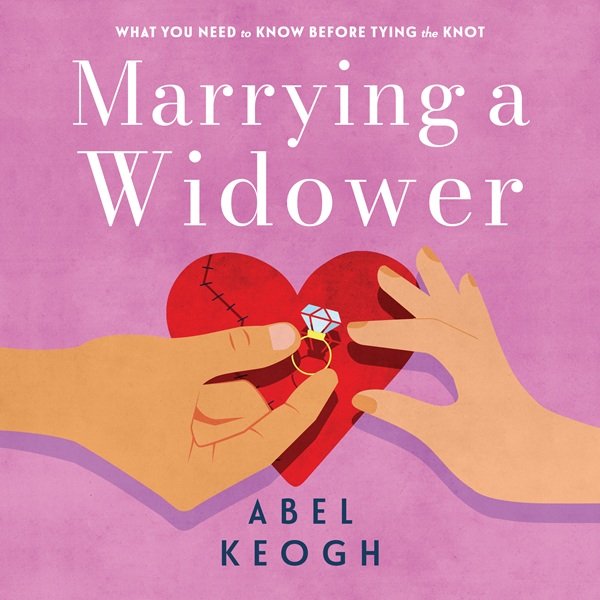There’s one reliable way to know how committed a widower really is to you and the relationship.
There’s one reliable way to know how committed a widower really is to you and the relationship. Any guesses?
Let me give you some clues: It’s not his words, it’s not his intention, and it has nothing to do with how much he says he loves you.
It’s something I call the Law of Sacrifice. And depending on how much a widower follows this law, you can know how committed he is to you and the relationship.
The Law of Sacrifice is simple: What someone is willing to give up—or change—reveals what they truly value.
In relationships, sacrifice answers a very specific question: What ranks higher than the person he’s committed his heart to—and what doesn’t?
Sacrificial actions cut through confusion quickly and easily reveal where the widower’s heart really lies
Now, the keyword in this law is 'willing'. Sacrifice can not be forced. It MUST be voluntary. If a change is demanded, negotiated, or dragged out of someone, it’s not sacrifice—it’s compliance.
Real sacrifice happens when someone chooses to give something up because the relationship matters more than their convenience. Let me give you three personal examples.
When I was dating Julie, I woke up before 5 a.m. and drove to her apartment and run with her every morning. Even though I’m a morning person, I didn’t enjoy getting up that early. I could have easily slept in until 6 and ran by myself. However, I did it morning after morning because I wanted time with her and wanted to participate in an activity she loved and was important to her. Most importantly, I was willing to give up sleep and a warm bed to get it.
As our relationship became more serious, I had to redefine relationships with friends and family that were getting in the way of us moving forward. Those conversations were uncomfortable. Some were painful. But I had them anyway because Julie mattered more than traditions or making everyone happy.
After we got engaged, I put my newly remodeled house on the market. Not because I had to, but because I knew the best thing for our marriage was to start fresh in a place that wasn’t tied to my past.
That’s what sacrifice does: It exposes priorities.
Words are cheap. Routines are easy. Sacrifice is often uncomfortable and that’s why it exposes people’s true feelings.
Without sacrifice, commitment is shallow. And shallow commitment doesn’t survive hard times. Deep sacrifice creates deep commitment. Let me repeat that: Deep sacrifice creates deep commitment. And if you both have a deep commitment to each other, the two of you can overcome anything life throws at you.
Now, some of you are probably thinking, Why is this all on the widower? Why does he have to be the one making sacrifices?
He doesn’t.
For a relationship to last, both people must make sacrifices.
Julie made sacrifices, too. After we moved, she had to endure a much longer commute to and from work. She also married someone, knowing that a small part of his heart would always belong to someone else. (If you want the full list of her sacrifices, we share them in our book The Wife in the Next Life.)
The reality is that sacrifice will cause discomfort. It may bring loss and stress. It may even hurt. It may mean your entire life has to change. (And, let’s be honest—if an action doesn’t cost you something, it’s probably not a sacrifice.) But like all worthwhile things, the reward comes after the discomfort, the pain, and the hurt.
So here’s the bottom line: If you’re confused about where you stand with a widower—or anyone else—stop listening to what he says and start watching what he’s willing to give up.
Whatever he protects is his real priority. Whatever he sacrifices tells you where his heart really is. If he’s not willing to change his life for the relationship, then the relationship isn’t central to his life. And that clarity, even when it’s painful, frees you to make the right decision on what to do next.
I’m Abel Keogh, author of Dating a Widower: Starting a Relationship with a Man Who’s Starting Over, and I’ll see you next week.





